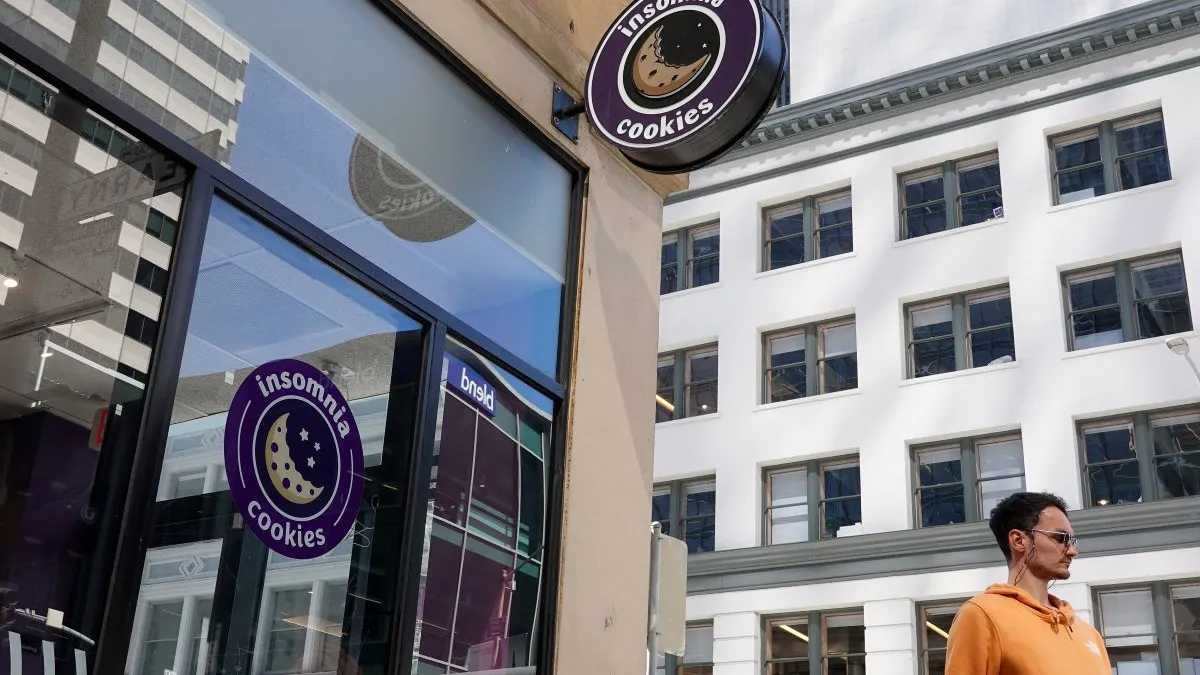Ask any recruiter which is the hardest job to fill, and they’ll likely tell you it’s the one with repetitive tasks. The tedious work that most people loathe is often critical to production, but getting someone to do it consistently is difficult — finding someone to do it reliably in HR is grueling.
As HR departments shift away from a compliance-only function (the buzzkillers) to talent management and development, the need to reduce the amount of time spent on repetitive tasks is key. Some HR departments try to evenly distribute the grunt work among all staffers, but typically, everyone avoids it, coming up with excuses and pointing to how low a priority it is compared with other responsibilities.
The alternative is a revolving door of staff members who perform the dreary tasks, either using the work experience as a stepping stone, or burning out entirely and moving on.
Let your bot handle the busy work
HR has always had far more value than has been harnessed. Practitioners are not merely compliance officers; they are developers of human beings. Thinking about “human resources” as “human development” is necessary for any company to keep a competitive edge. The challenge is to minimize the repetitive tasks and enhance the real value of HR: talent management.
We’ve seen how AI has taken hold in the HR realm with finding applicants — in some cases AI works too well. But new platforms are freeing up HR professionals in a wealth of additional ways.
Applicant screening
Enormous job boards have naturally led to more applications. A company can easily receive thousands of resumes for a single opening. Ryan Duguid, VP of product at Nintex, a workplace automation platform, says AI is tailored to screen.
“Ultimately your organization needs something to bring you the most relevant set of applicants that you are likely to move forward with.” For compliance, he said, “AI can help alleviate the biases in the hiring process so your HR team can focus on recruiting and retaining the best talent for every role.”
Training
AI can host, verify and track compliance and development training more efficiently. Workplace learning should be an ongoing priority for every company, but few have the resources to manage in-house training. AI learning offers modules at the employee’s level and timetable for self-driven learning and efficient tracking.
Big data and metrics
Data is interpreted more easily (and faster) by AI. Helping managers find new and existing staff and pairing them with the right opportunities and managers is just the start. Identifying problems, recommending career path options and offering learning opportunities may be more easily discerned by big data than by HR professionals who can’t check in with every employee every day.
Onboarding
While nothing will replace the human touch with onboarding, AI can enhance onboarding by immediately answering or directing questions while providing an opportunity to rate the onboarding experience in real time. This could be critical in reducing new hire turnover.
Timeline tracking
For performance evaluations, leave requests, open enrollment and more, AI can be instrumental in keeping companies compliant and on top of volume work.
Video interviews
If you to embrace cutting-edge technology, AI can evaluate candidates using up to 20,000 data points from video interviews, including intonation, word choice and facial movements.
Job Descriptions
At Textio, co-founder and CEO Kieran Snyder describes augmented writing: honing written communication to understand how people will respond, and why.
"The software is aimed at helping HR write more effective job postings,” she explained. "Textio analyzes hiring outcomes data from more than 250 million real-world job posts to score a job listing and give actionable feedback as you are writing in real time. On average, customers who follow Textio’s guidance and score above a 90 in Textio see 25% more candidates qualified enough to interview [and] 23% more applications from women, and they fill roles 17% faster.”
One client told Textio that they even enjoy writing job descriptions now. Some have adopted the platform for other outbound communications.
Integration is key
With all the ways AI can support HR, it's crucial to have integrated systems that make machine learning seamless.
“To take all the goodness of targeted disparate HR applications, HR pros can easily connect these systems with a workflow automation platform,” Duguid said. “The benefits from these systems and investments are greater when they work together.”
For HR departments, AI can reduce (or remove) repetitive tasks and enhance talent management. AI will move HR from compliance-based revenue drain to partner in growth. Staff development can stop taking a back seat, as human capital becomes HR’s first and most valuable responsibility.




















